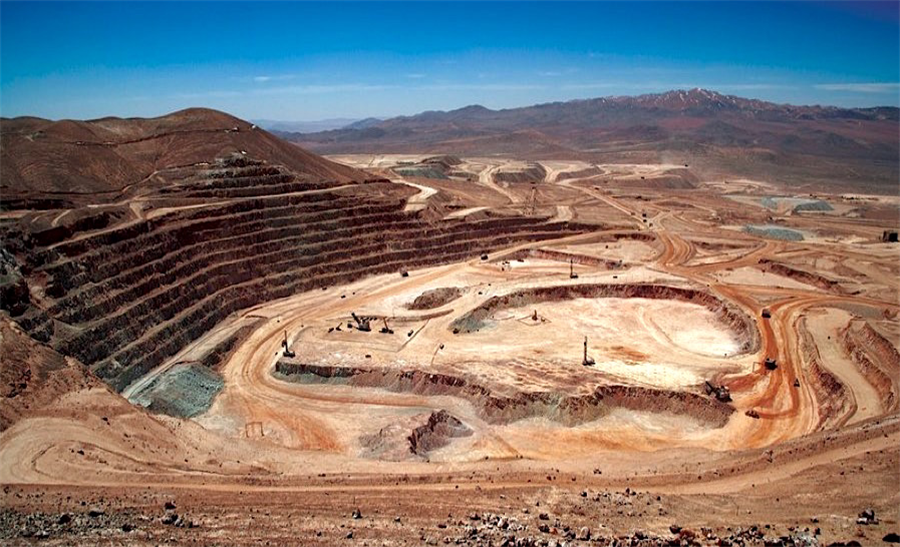Chile braces for potential strike at Escondida copper mine

Aug 13 (Reuters) – Chile’s copper industry on Monday braced for the announcement of a potential strike at the world’s biggest copper mine, Escondida, as government-led mediation is expected to close by day’s end.
Escondida’s union and the mine’s owner, Anglo-Australian firm BHP, have until Monday evening to agree to a contract deal in tense negotiations that have been closely watched by other miners and international markets.
1.5% salary increase and a benefits and loan program worth $27 000 was rejected by the union at Escondida.
The negotiations have been held under tight wraps, but a union source told Reuters that “all will be known today” about negotiations at Escondida, which last year produced 925,400 tonnes of copper, almost 17 percent of the country’s total.
Last year, a 44-day walk-out at the mine had a global impact and slashed economic growth in the South American country, which is also the world’s top copper producer overall.
In its last known offer more than two weeks ago, BHP offered a signing bonus of about $18,000, plus separate bonuses intended to buy out clauses in a previous contract that allowed for housing benefits and a loan program.
The total package was valued at $27,700, including a salary increase of 1.5 percent.
But the union had asked for a signing bonus of almost double that offered by the company, and had requested a salary increase of 5 percent, leaving a wide gap between the two sides.
Negotiations during the compulsory five-day period of government-led mediation have been kept under wraps, but workers have already approved a stoppage starting on Tuesday if the company does not improve its offer and said last week it was preparing a strike contingency plan. However, if both parties agree, the talks could be extended by another five days.
Tuesday could also bring a strike at Chile’s Caserones copper mine owned by Lumina Copper, which is controlled by a partnership of JX Holding and Mitsui Mining.
On Sunday the mine’s union said that 98.5 percent of its workers had voted to reject a final offer from Lumina made during mediation and a strike would begin on Tuesday at 8 a.m., pending any other offers on Monday.
Caserones produced 122,800 tonnes of copper in 2017, just over 2 percent of Chile’s total annual copper output.
(By Antonio de la Jara; Editing by Marguerita Choy)
{{ commodity.name }}
{{ post.title }}
{{ post.date }}




Comments